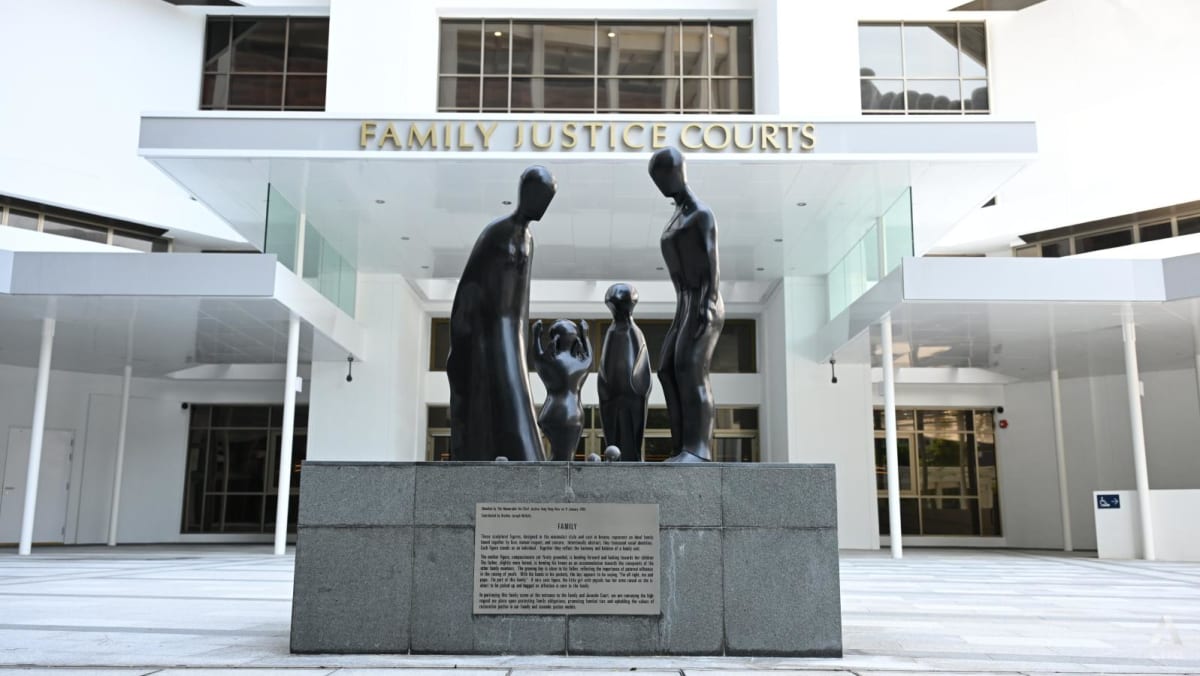SINGAPORE: Singapore’s Ministry of Social and Family Development (MSF) on Monday (Dec 30) said it would postpone the implementation of legal amendments to expand rehabilitative support for older youth offenders, from Jan 1, 2025 to later in the year.
The amendments pertain to the Children and Young Persons Act (CYPA), and were passed in 2019 to allow offenders aged 16 to under 18 to have their cases heard in the Youth Courts, rather than being tried as adults in the State Courts.
To maintain public safety and deterrence against crime, cases involving older youths who are repeat offenders or who commit serious crimes should still be transferred to the State Courts or High Courts.
These serious crimes include serious sexual offences, unlicensed moneylending and drug trafficking.
But while preparing to implement the changes, MSF and the Ministry of Home Affairs “assessed that the legislative provisions governing the transfer of cases from the Youth Courts do not fully achieve this intended policy”, said MSF in a release.
“The amendments do not give the State and High Courts sufficient flexibility to impose stiffer sentences on older youth offenders where stronger deterrence is needed,” it added.
In response to queries from CNA, MSF elaborated that under the 2019 amendments, the courts’ powers to impose firmer punishment – such as reformative training, imprisonment and caning – “are more limited than intended”.
For example, in a hypothetical scenario, a 17-year-old commits sexual penetration of a minor below 16 years old and is found guilty by the High Court, but is not found to be unruly or disruptive to the rehabilitation of others.
He therefore cannot be sentenced to reformative training or jail, and can only be ordered to probation or a juvenile rehabilitation centre such as Boys’ Home – which is disproportionate to the severity of the crime, said MSF.
Reformative training is overseen by the Singapore Prison Service and emphasises structure and discipline. Probation orders allow youth offenders to continue education or employment in the community.
“Further legislative amendments are therefore needed to give full effect to the 2019 CYPA amendments passed by parliament and ensure that the State Courts and High Court can continue to impose firmer sentences in more serious cases,” a spokesperson from MSF said.
These will be made later in 2025, “subject to various factors including the timings of parliament sittings”, said the ministry.
